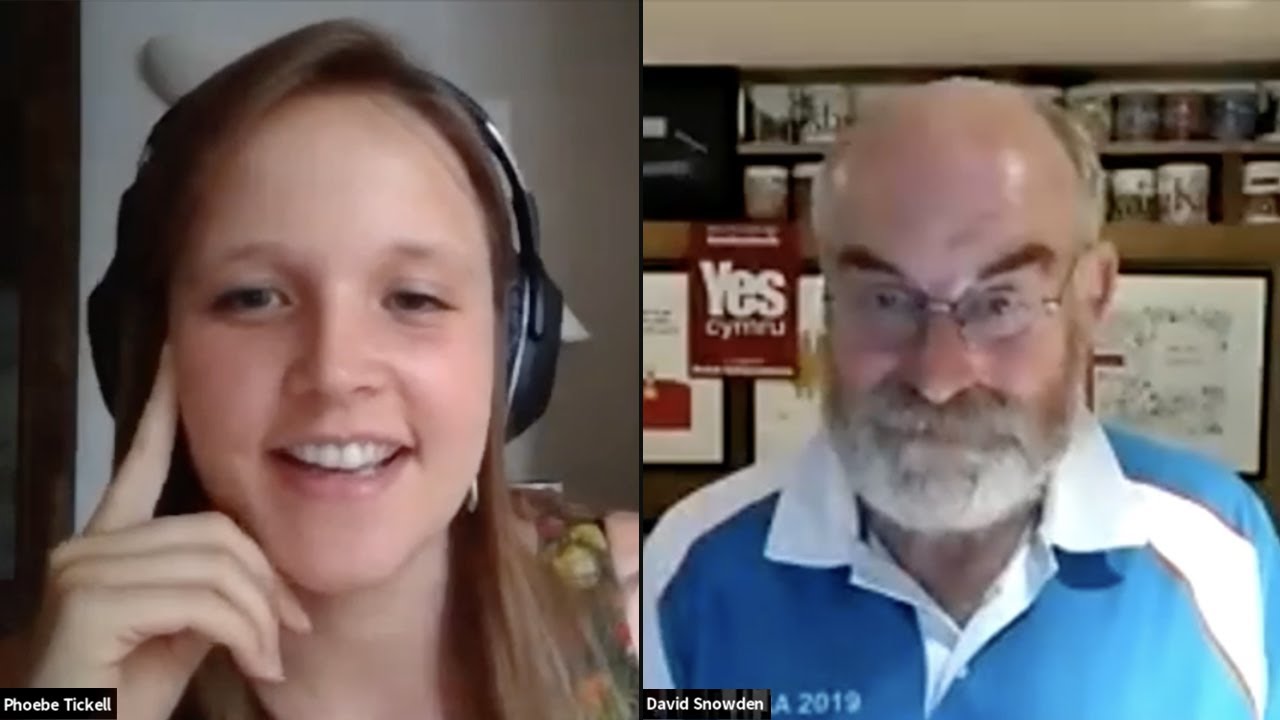Date: Thursday, August 13, 2020, 11:00 AM – 12:00 PM California time (PDT).
This nominal-cost online event is part of the Foresight Institute’s weekly online salons. Foresight is a nonprofit research and public policy org focused on “technologies of fundamental importance to the human future, focusing on molecular machine nanotechnology, cybersecurity, and artificial intelligence.” I’ve been part of their extended community for 25+ years, it’s a good org. Their site: https://foresight.org/
This week’s event seems well-aligned with OGM’s interests. A donation (of any amount) is required. Here’s the Eventbrite signup:
Here’s the blurb (also on the page above):
====
“How can we improve our perception of the complexity we live within, so we may improve our interaction with the world?”
About this Event
We are delighted to host Nora Bateson and Phoebe Tickell this Thursday for a discussion focused on cooperative frameworks for advancing cooperation across disciplines in a post covid-19 world.
Nora Bateson is an award-winning filmmaker, writer and educator, as well as President of the International Bateson Institute, based in Sweden. Her work asks the question “How we can improve our perception of the complexity we live within, so we may improve our interaction with the world?”. Her work brings the fields of biology, cognition, art, anthropology, psychology, and information technology together into a study of the patterns in ecology of living systems.
The IBI integrates the sciences, arts and professional knowledge to create a qualitative inquiry of the integration of life. As President, Nora directs research projects at the IBI that require multiple contexts of research and interdependent processes. Asking, “How can we create a context in which to study the contexts?”, an impressive team of international thinkers, scientists and artists have been brought together by the IBI to generate an innovative form of inquiry, which Nora coined “Transcontextual Research”.
Phoebe Tickell is a scientist, educator and serial systems entrepreneur. She has co-founded a series of organisations that steward systems change via innovation, weaving together networks and learning programmes across the sectors of education, food and farming, sustainability, and technology. She has a first class degree in Biological Natural Sciences from Cambridge University, and she brings this training in understanding biological networks and systems thinking into all of her work.
She brings her training in systems and networks into the areas of sustainability, re-thinking business and work, and personal development. She is part of the design and delivery team of a cutting-edge Master’s programme at Schumacher College, UK, which trains and prepares students for a complex world with a basis in systems thinking, network science, complexity, and earth systems science, and the Youth Initiative Programme, Sweden. She is a Member of the social change freelancer network Enspiral which both supports and is supported by her work.


